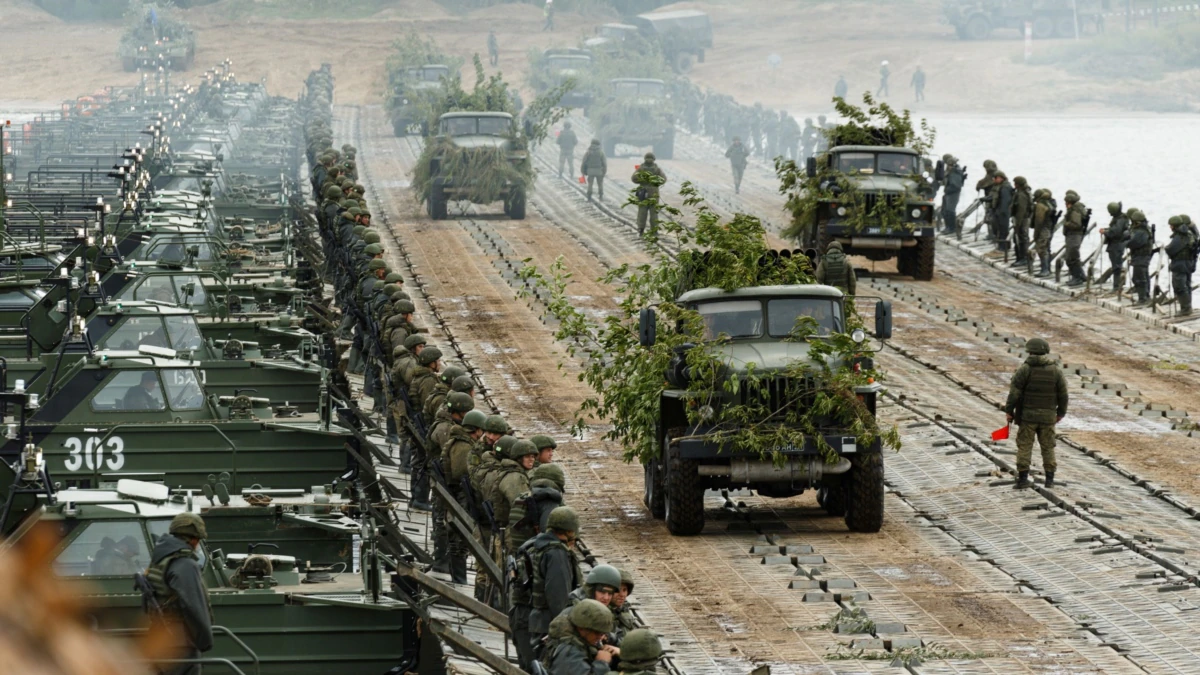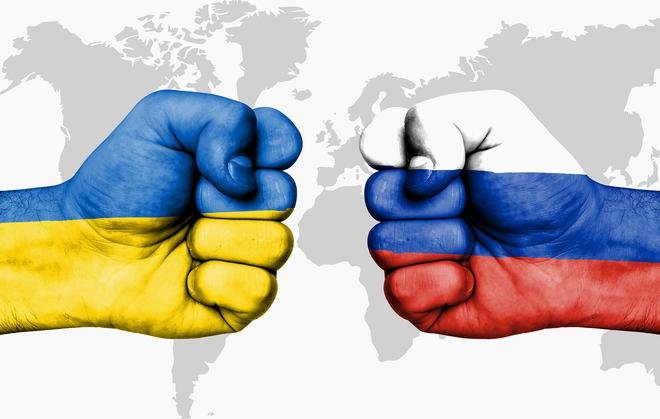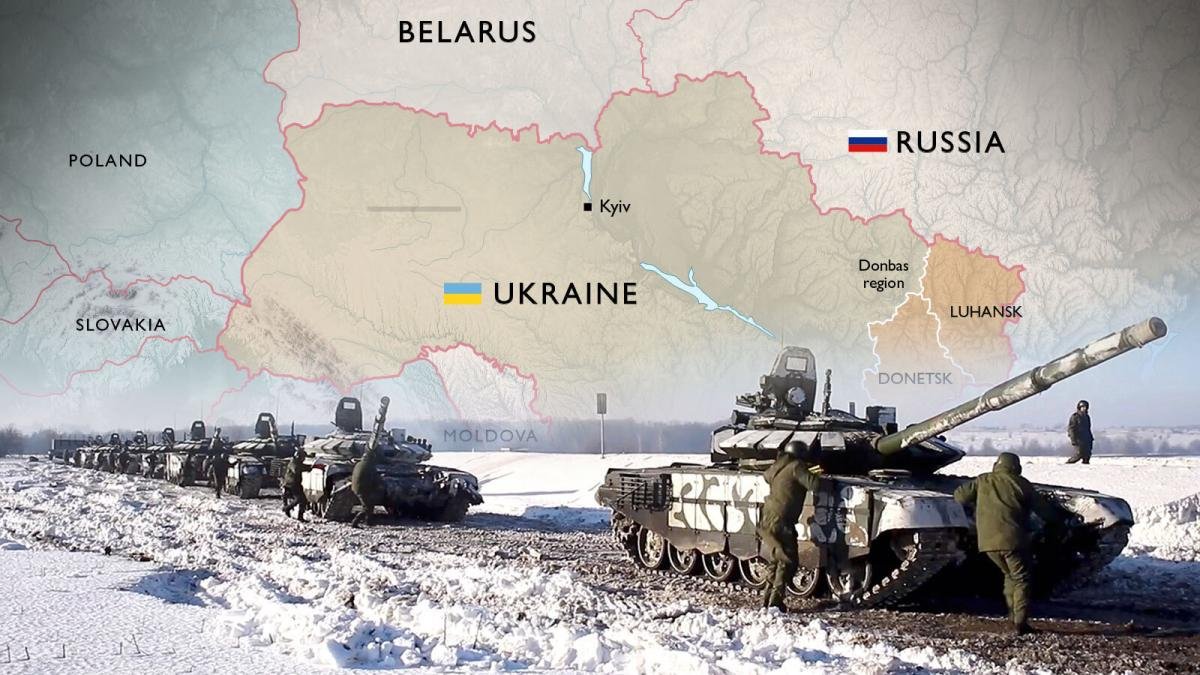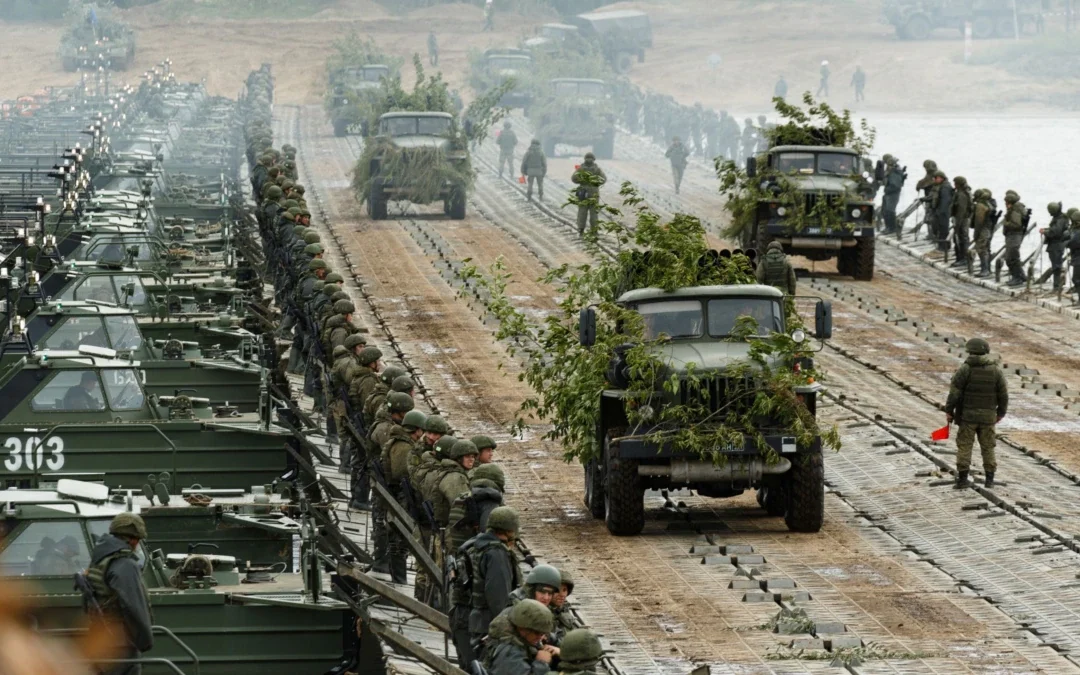
Supply Chain Braces for an Impact on Ukraine Russia Crises
After months of troop buildups, an attempted blackmail by Russian President Vladimir Putin to get policy concessions, failed diplomacy, and Russian lies about their peaceful intentions Russia finally started war in Europe by invading Ukraine.
Ukraine surely does not have the military might to stop the invasion. This conflict could seriously impact global supply chains across the world.
There will be Rising Transportation Costs not only the impacts won’t just be on fuel prices, the invasion will create major new constraints on Asian ocean and air freight exports with spot container pricing. 336,500 TEUs were transported from China to the EU by rail in the first six months of 2021.
which is 48% more than 2020 and 95% more than in 2019. Those shipments need to go by Ocean or the more expensive via Air mode if ship berths can’t be found.
Because of this new situation post pandemic, analysts are predicting rates will skyrocket for both Ocean and Air. They are predicting Ocean freight is going to increase 2-3x from $10,000 to container to over $35,000 per container and that Air freight spot rates and lead times are going to increase 3-4 times.


Rising Electricity Prices
According to Neilsen in the US natural gas has accounted for 45% of total utility-scale U.S. electricity generation in 2020. natural gas has become increasingly important in generating electricity.Rising gas prices drives up the prices of transportation and rising natural gas prices also affect global supply chains.
Russia is the largest provider of natural gas to Europe providing about 40% of its supply but the worst case scenario might be that Russia decides to restrict exports to Europe further in response to Western sanctions. This could trigger further price rise of all essential commodities.
Food inflation is a risk from a supply chain disruption. Ukraine being the world’s third-largest exporter of corn and Russia is the world’s top wheat exporter. Russia and Ukraine export a lot of wheat. Russia supplies about 20% of world wheat exports, and Ukraine about 10%, according to the Food and Agriculture Organization (FAO) of the United Nations. Together, they account for approximately 13% of total global wheat production this could disrupt completeagricultural exports and further increase wheat prices and would lead to pantry staples, from flour to pasta to bread, becoming more and more expensive.
This conflict could further more squeeze metal markets too. Russia controls roughly 10% of global copper reserves and is also a significant producer of nickel and platinum.

